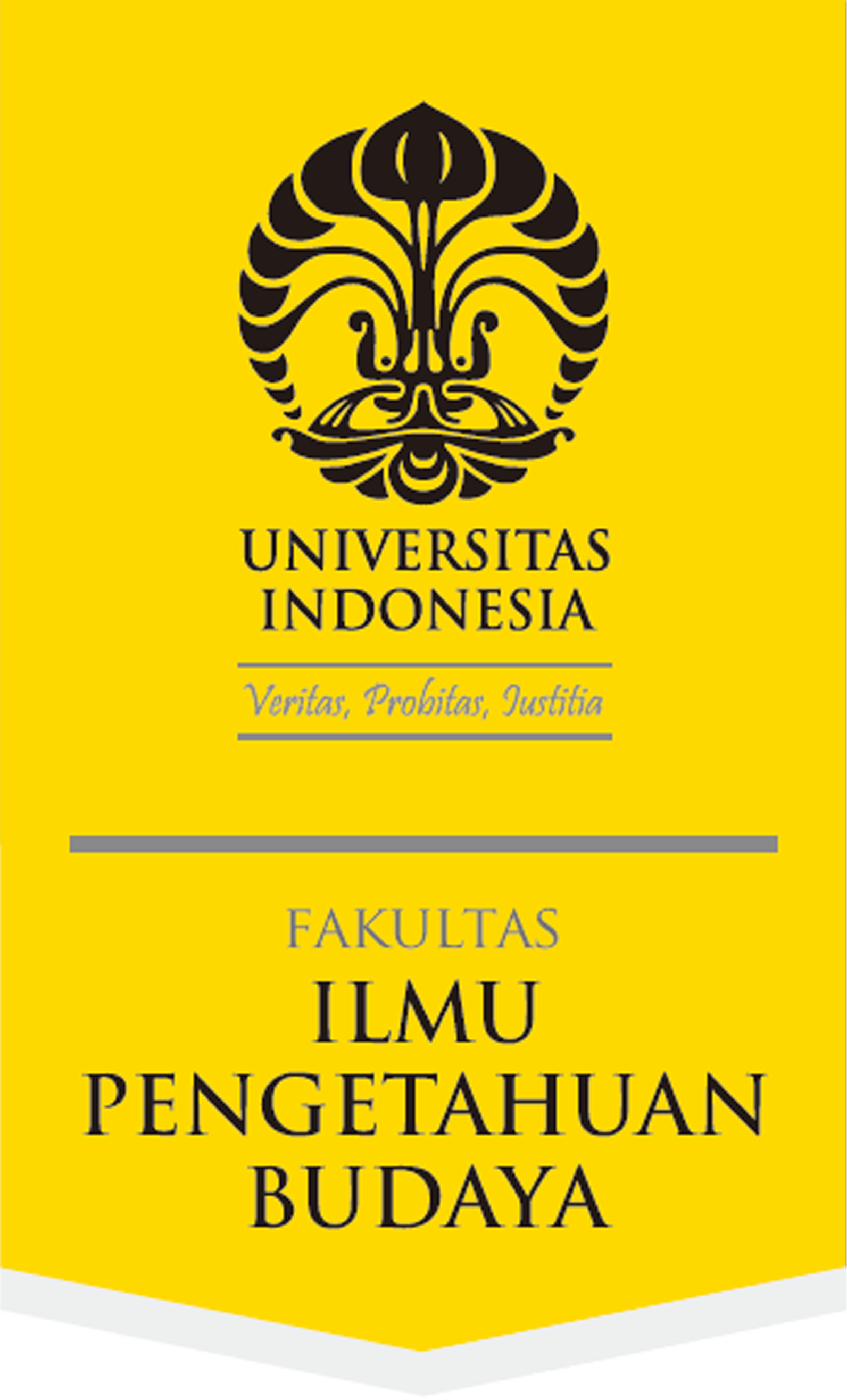Abstract
This article proposes to investigate how Gandhi developed the idea of humanistic nationalism and what the component of this idea is. Using the historical and political approaches, the investigation shows that Gandhian's nationalism reveals the relationship between religious aspiration, political ethic and the ideal economic and political institutions. Chronologically, this study describes Gandhi's leaderships in South Africa (1893-1914) and India (1915-1948), the basic orientation of Gandhi's thought and lastly explains the concept of humanistic nationalism. Briefly, the components of humanistic nationalism are the ideas of Hind Swaraj, Nation, Sarvodaya, Khadi Economic, Ramrajya and Panchayat Raj. Behind all those concepts is Ahimsa, the principle of no harm which emphasizes and teaches about love and non-violence. Both attributes are used as weapons by Gandhi's Satyagraha movement. Ahimsa is also the core of Gandhian political ethic and lies on his ideal economic and political institutions. By this moral effect of Ahimsa, we could easily identify Gandhi's nationalism with the unique character called humanistic.
References
Ali, Shanti Sadig. 1994. “The Relevance of Gandhi Today”, dalam Gandhi & South Affrica. Delhi: Hind Pocket Books Pvt. Ltd.
Gandhi, M.K. “New Year”. 1963. Indian Oponion, 2 January 1909 dalam The Collected Works of Mahatma Gandhi Vol. IX. September 1908-1909. The Publications Division. Ministry of Information and Broadcasting Government of India. Ahmedabad: Navajivan Trust.
Gandhi, M.K. 1967. “A Heart Searcher”. Young India, 8 May 1924 dalam The Collected Works of Mahatma Gandhi Vol. XXIV. May – Augst 1924. The Publications Division. Ministry of Information and Broadcasting Government of India. Ahmedabad: Navajivan Trust.
Gandhi, M.K. 1967. “The Truth About Nationalism”. Young India, 27 September 1924 dalam The Collected Works of Mahatma Gandhi Vol. XXV. August 1924-January 1925. The Publications Division. Ministry of Information and broadcasting Government of India. Ahmedabad: Navajivan Trust.
Gandhi, M.K. 1967. “Speech at Spinning Demonstration”. Cacutta, 6 November 1924 dalam The Collected Works of Mahatma Gandhi Vol. XXV. August 1924-January 1925. The Publications Division. Ministry of Information and Broadcasting Government of India. Ahmedabad: Navajivan Trust.
Gandhi, M.K. 1967. “Citizen’s Honour is Contry’s Honour”. Navajivan, 23 November 1924 dalam The Collected Works of Mahatma Gandhi Vol. XXV. August 24-January 1925. The Publications Division. Ministry of Information and Broadcasting Government of India. Ahmedabad: Navajivan Trust.
Gandhi, M.K. 1968. “The Crime of Caste”. Young India, 14 Janusri 1926 dalam The Collected Works of Mahatma Gandhi Vol. XXIX. 1925-1926. The Publications Division. Ministry of Information and Broadcasting Government of India. Ahmedabad: Navajivan Trust.
Gandhi. 1985. Gandhi: Sebuah Otobiografi. Terjemahan Gd. Bagoes Oka, Jakarta : Penerbit Sinar Harapan.
Gandhi, Rajmohan. 1994.“The Origin and Growth of Satyagraha – Gandhi’s Reaction to the Conditions of Indians in South Africa”. dalam Gandhi & South Affrica. Delhi: Hind Pocket Books. PVT. Ltd.
Guha, Samar. 1986. The Mahatma and The Netaji, Two Men of Destiny of India. New Delhi: Sterling Publisher Private Ltd.
Krisnaswamy, N. 1994. “The Repercussions of the South Africa Satyagraha Movement in India”. dalam Gandhi & South Affrica. Delhi: Hind Pokcet Books. Pvt. Ltd.
Kohn, Hans. 1956. The Idea of Nationalism. New York. The Mac Millan Company.
Pendit, Nyoman S. 1991. (Penerj. dan Pendahuluan), Bhagavadgita. Tanpa Kota: Yayasan Dharma Sarathi.
Power, Paul F. 1961. Gandhi on World Affairs. Bombay : The Perennial Press.
Ramchandani, R.R. 1994. “Gandhi in South Africa, A Study in Social Accounting”. dalam Gandhi & South Affrica. Delhi: Hind Pokcet Books. Pvt. Ltd.
Singh, Daleep. 1994. “The Socio-economic Condition in South Africa 1652-1893”. dalam Gandhi & South Affrica. Delhi: Hind Pokcet Books. Pvt Ltd.
Recommended Citation
Poerbasari, Agnes Sri
(2007)
"Nasionalisme Humanistis Mahatma Gandhi,"
Wacana, Journal of the Humanities of Indonesia: Vol. 9:
No.
2, Article 3.
DOI: 10.17510/wjhi.v9i2.211
Available at:
https://scholarhub.ui.ac.id/wacana/vol9/iss2/3









